Lecturer: Nika Kimeridze
First Half of Semester - Mondays 16:00 - 17:30 and Thursdays 16:00 - 17:30 in Room B 014
COURSE DESCRIPTION:
This
comprehensive course is designed to provide students with a deep
understanding of cultural frameworks in general and business culture in
specific. Participants will gain valuable insights into Asia especially
to the unique socio-cultural, economic and business landscape of India
and a comparison to other cultural contexts, enhancing their cultural
sensitivity in conducting business in the Asian market.
The
course aims to equip students with the knowledge to recognize and
overcome internalized biases and stereotypes, fostering a more inclusive
and culturally aware mindset. It also aims to provide the participants a
thorough understanding of the cultural attributes in the business
world, focusing on doing the business in the Asian context. It aims to
increase the knowledge of course participants with the generally
accepted business guidelines, their usage in the real business
environment and the practical application of the principles in the
enterprises.
Through exploratory, experiential,
and immersive activities, students will increase their cultural
quotient, gaining a nuanced understanding of the diverse experiences and
perspectives prevalent in different cultural and relevant business
contexts.
Participants will explore theoretical
frameworks and examine their practical implications, culminating in the
creation of a cultural framework document tailored to the needs of a
simulated business organization.
By the end of
the course, the participants will develop the skills and cultural
awareness necessary to engage effectively with diverse stakeholders,
ensuring successful business interactions and collaborations in the
dynamic global business landscape.
 The theme of ECD 2024 is
The theme of ECD 2024 is This course will help you create sustainable strategies for ongoing, independent internationalisation. Using project management tools, you will:
This course will help you create sustainable strategies for ongoing, independent internationalisation. Using project management tools, you will: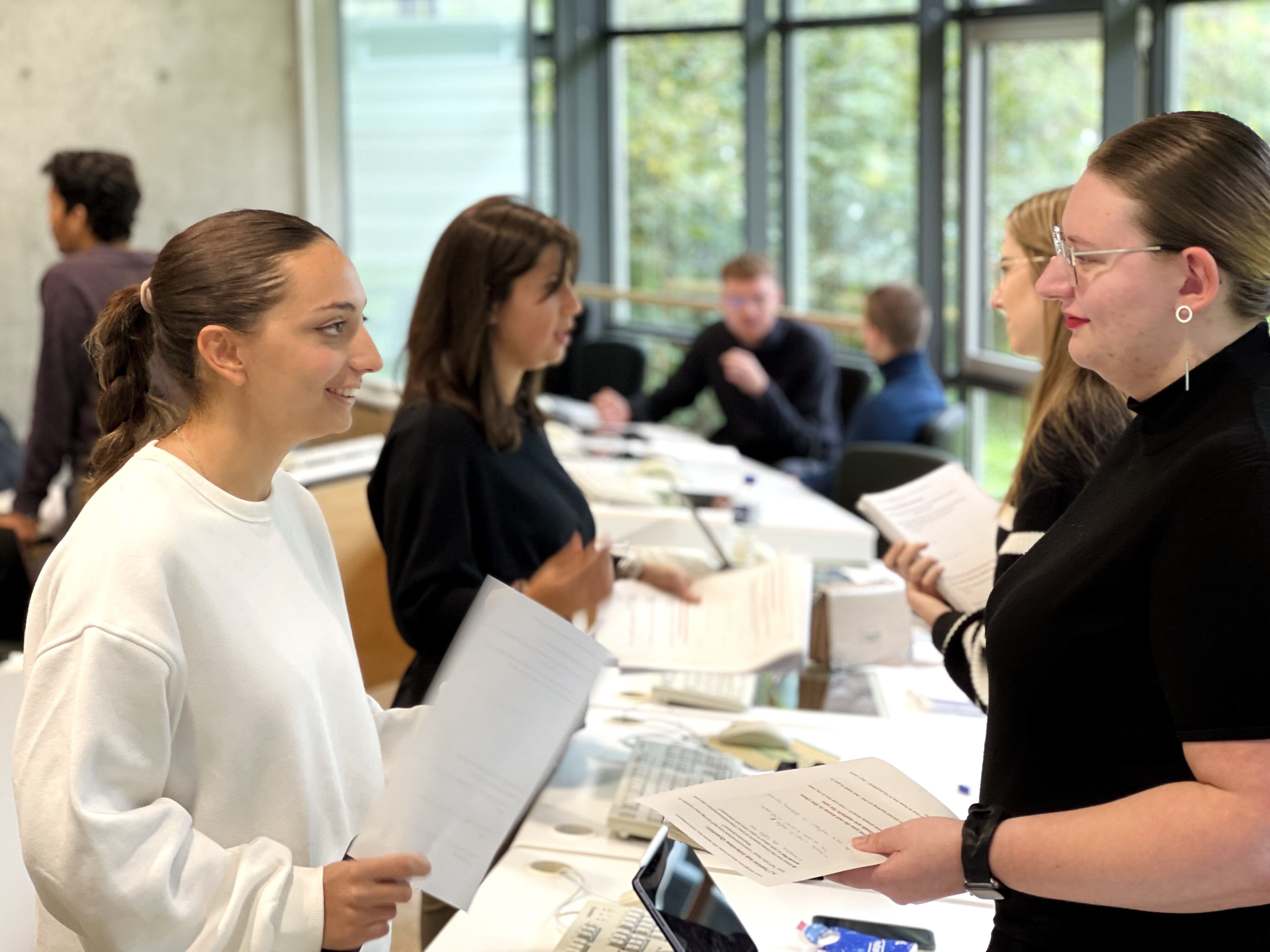

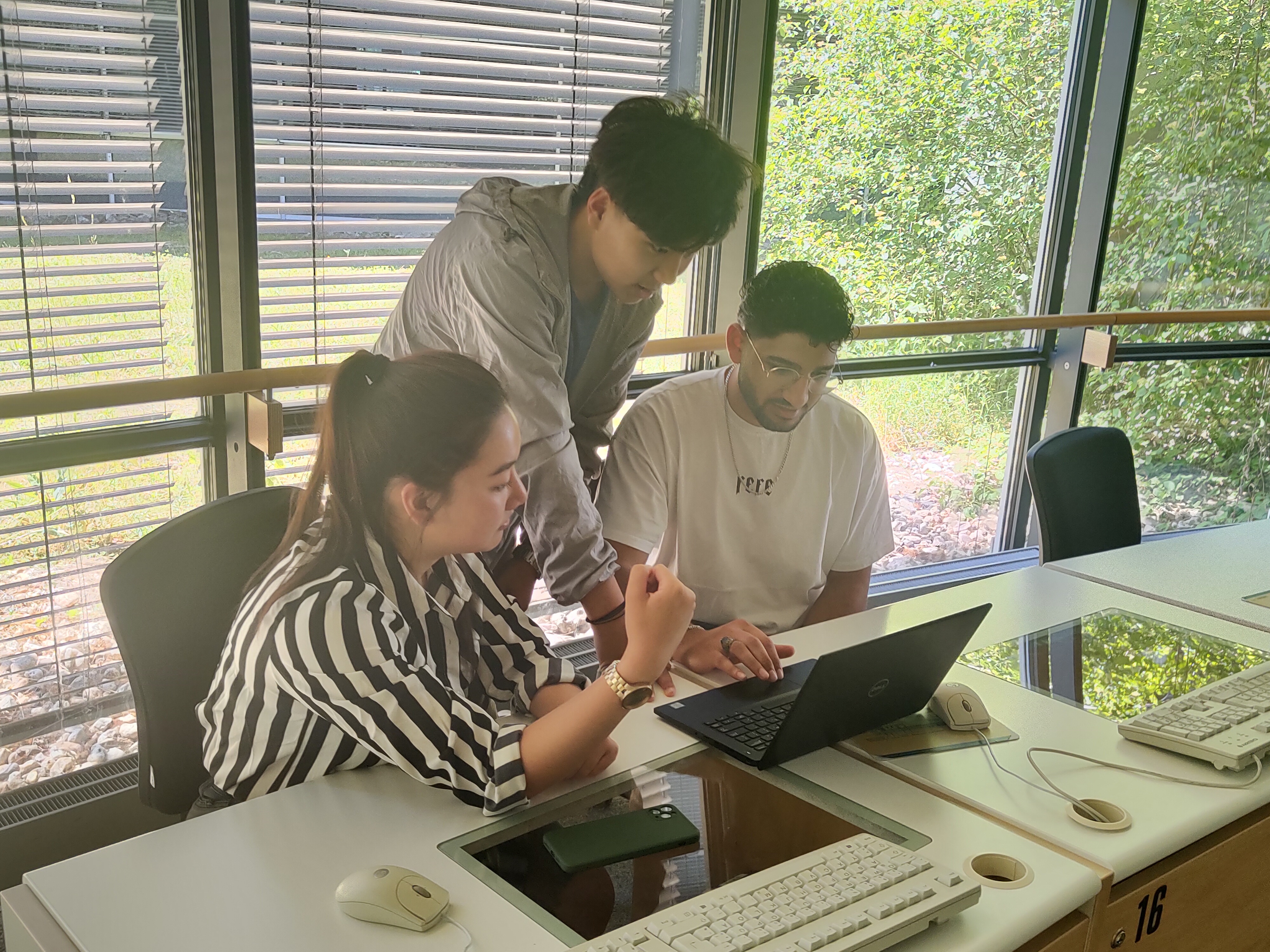 Whole Semester, Mondays 16-17:30, Room B014
Whole Semester, Mondays 16-17:30, Room B014 Time of the course: Mondays 17:45 - 19:15 and Wednesdays 11:45 - 13:15, Room B014
Time of the course: Mondays 17:45 - 19:15 and Wednesdays 11:45 - 13:15, Room B014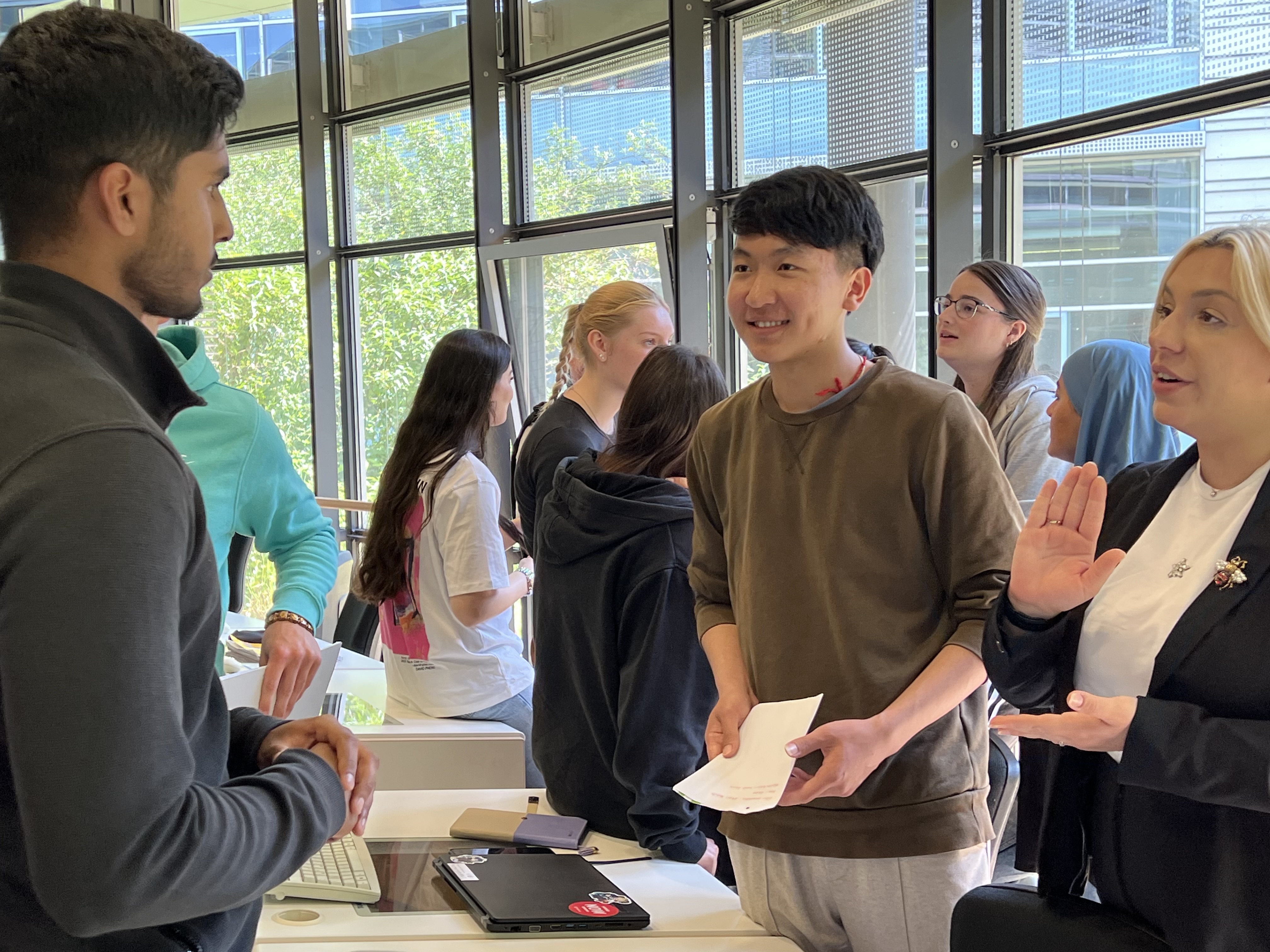
 Second Half Semester, from 15 May, Wednesdays 14:15-17:30, Room A017
Second Half Semester, from 15 May, Wednesdays 14:15-17:30, Room A017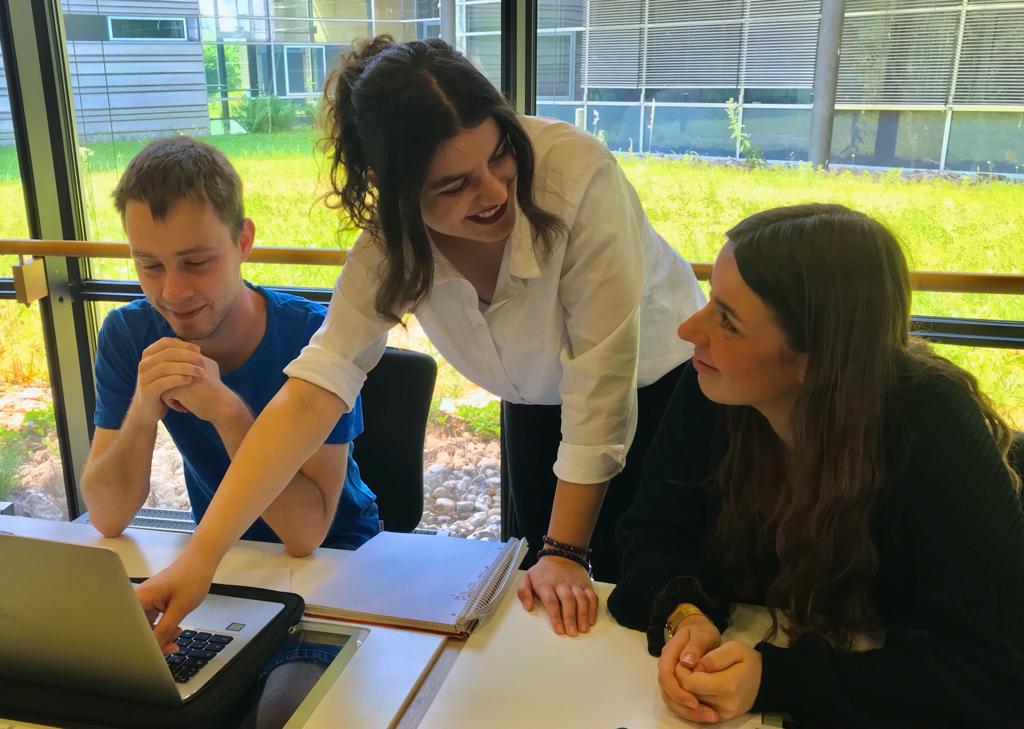
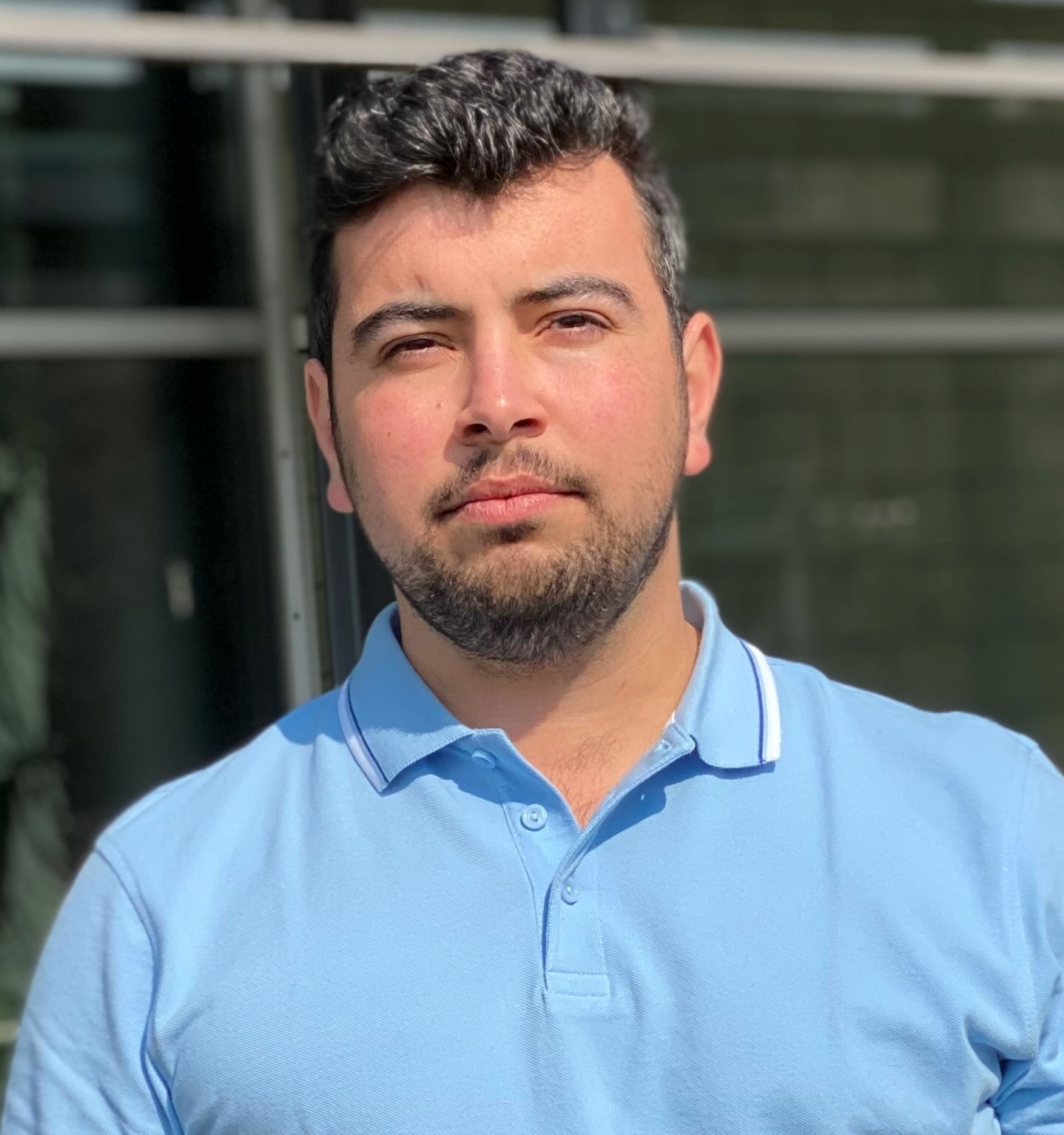
 Time of the course - Mondays
Time of the course - Mondays 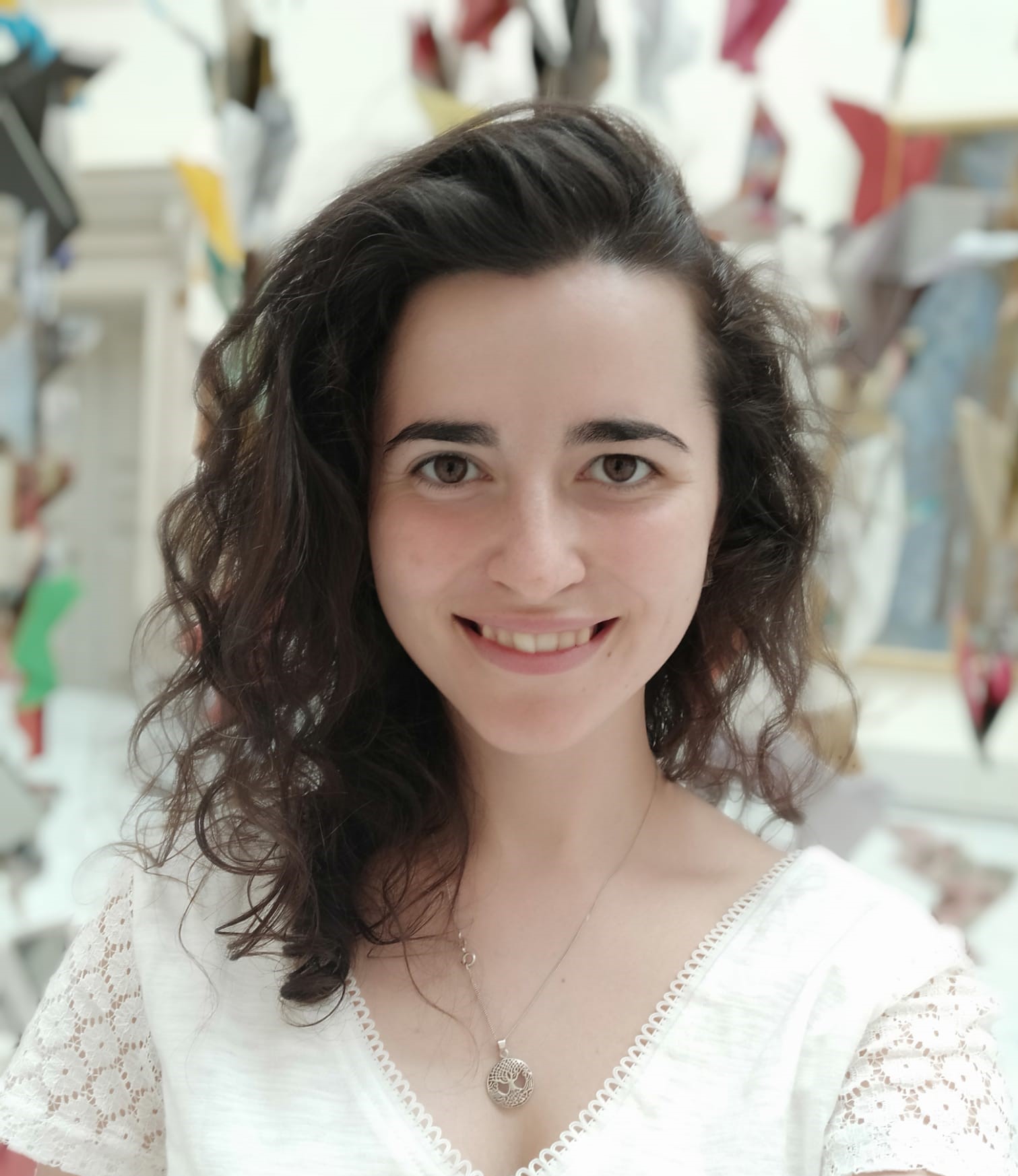 Students are trained to perceive cultural differences and act accordingly. The intercultural competence gained is both, "culture-general" and "culture-specific" (e.g. students will practice culture-specific country investigations in order to prepare for their visits abroad). Theoretical insights into different working styles, different perceptions of time, different religions, and different education styles are applied in exercises and in concrete simulations involving active interaction if possible with participants from several other cultures.
Students are trained to perceive cultural differences and act accordingly. The intercultural competence gained is both, "culture-general" and "culture-specific" (e.g. students will practice culture-specific country investigations in order to prepare for their visits abroad). Theoretical insights into different working styles, different perceptions of time, different religions, and different education styles are applied in exercises and in concrete simulations involving active interaction if possible with participants from several other cultures.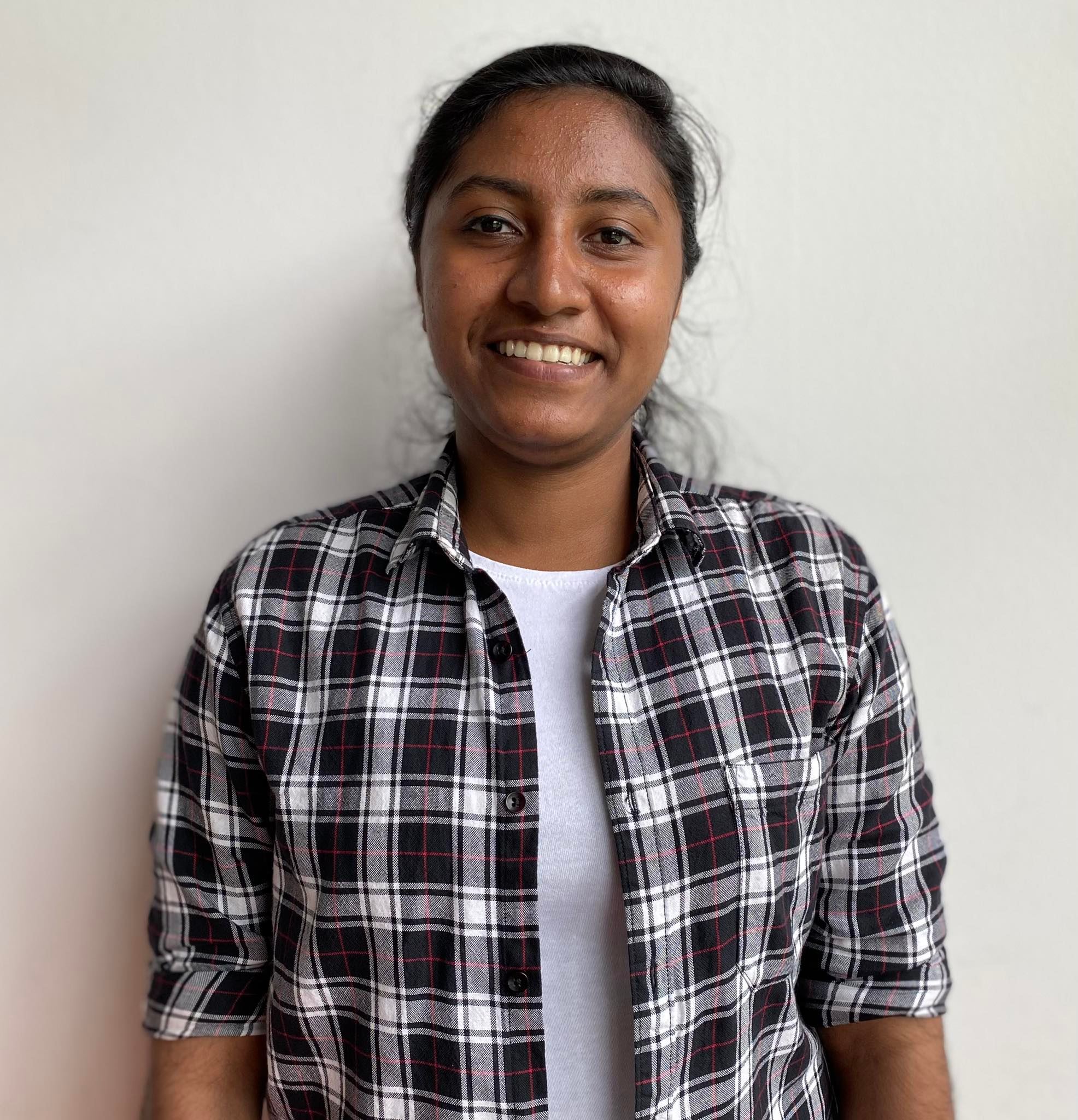 Time of the course: Tuesdays 17.45-19.15 and Wednesdays 17:45-19:15
Time of the course: Tuesdays 17.45-19.15 and Wednesdays 17:45-19:15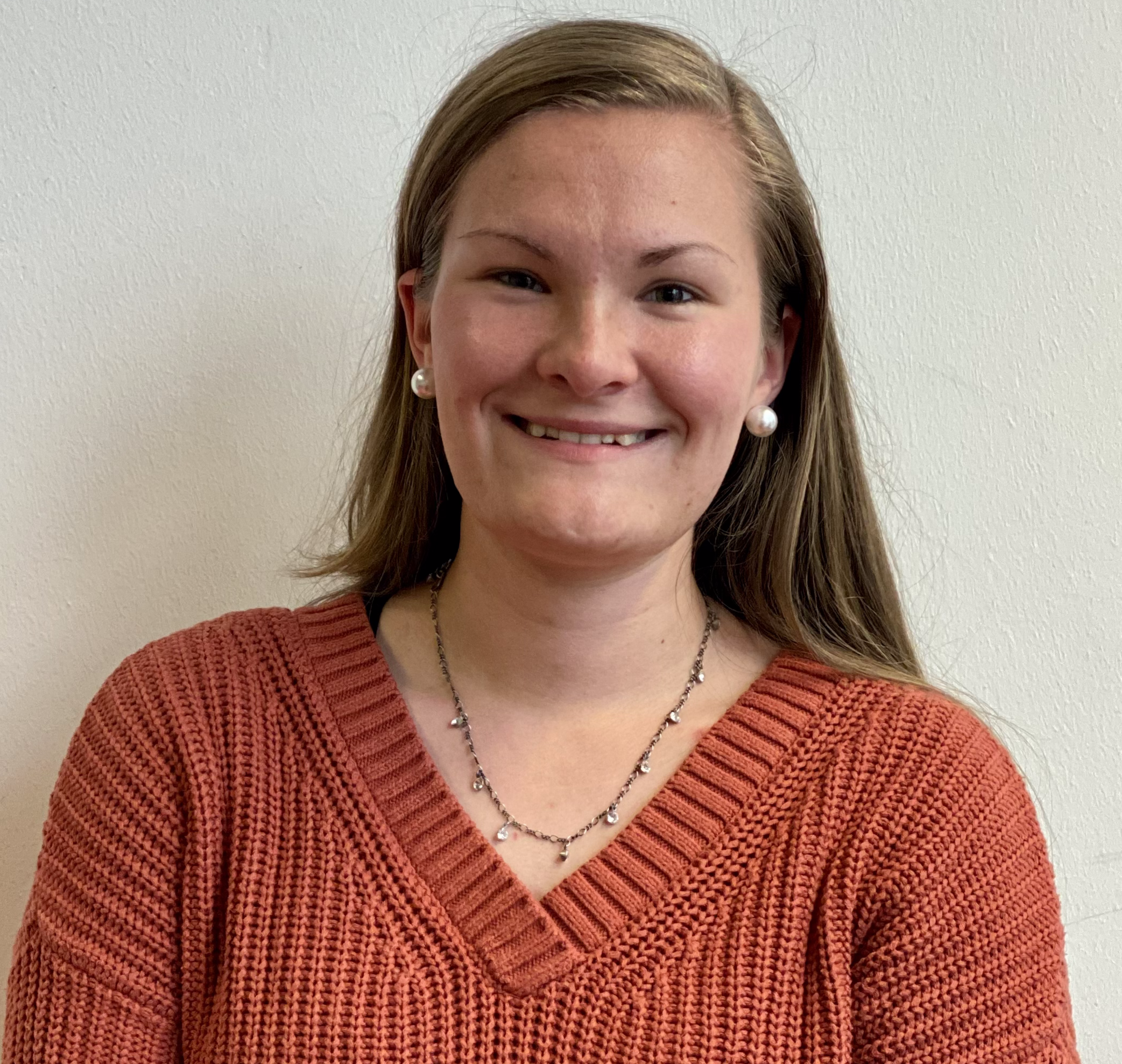
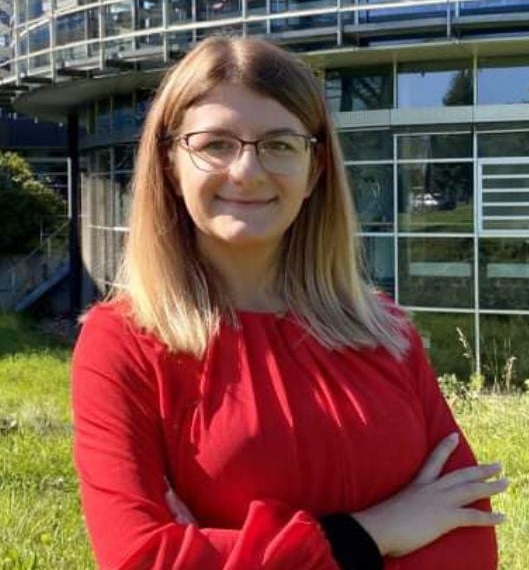 T
T
 This course builds on English language skills developed in an earlier study, with a focus on the development of strategies for ongoing independent learning. You will have the opportunity to create a personal improvement plan, design and manage a group project and investigate your options for further internationalization.
This course builds on English language skills developed in an earlier study, with a focus on the development of strategies for ongoing independent learning. You will have the opportunity to create a personal improvement plan, design and manage a group project and investigate your options for further internationalization.

 Students will set up a simulated company and communicate with institutions and individuals from different intercultural backgrounds via Zoom. The international project environment assisted by contact with international institutions and individuals will enable the participants to learn about the workings of a company as well as to practice dealing with international project partners in a near-realistic situation. Students will be able to put their intercultural knowledge into practice in real contact with foreign partners in the preparation of a project meeting.
Students will set up a simulated company and communicate with institutions and individuals from different intercultural backgrounds via Zoom. The international project environment assisted by contact with international institutions and individuals will enable the participants to learn about the workings of a company as well as to practice dealing with international project partners in a near-realistic situation. Students will be able to put their intercultural knowledge into practice in real contact with foreign partners in the preparation of a project meeting. This course builds on English language skills developed in an earlier study, with a focus on the development of strategies for ongoing independent learning. You will have the opportunity to create a personal improvement plan, design and manage a group project and investigate your options for further internationalisation.
This course builds on English language skills developed in an earlier study, with a focus on the development of strategies for ongoing independent learning. You will have the opportunity to create a personal improvement plan, design and manage a group project and investigate your options for further internationalisation.
 Students are trained to perceive cultural differences and act accordingly. The intercultural competence gained is both "culture-general" and "culture-specific" (e.g. students will practice culture-specific "crash investigations" in order to prepare visits abroad). Theoretical insights into different working styles, different perceptions of time, different religions, and different education styles are applied in exercises and in concrete simulations involving active interaction if possible with participants from several other cultures.
Students are trained to perceive cultural differences and act accordingly. The intercultural competence gained is both "culture-general" and "culture-specific" (e.g. students will practice culture-specific "crash investigations" in order to prepare visits abroad). Theoretical insights into different working styles, different perceptions of time, different religions, and different education styles are applied in exercises and in concrete simulations involving active interaction if possible with participants from several other cultures.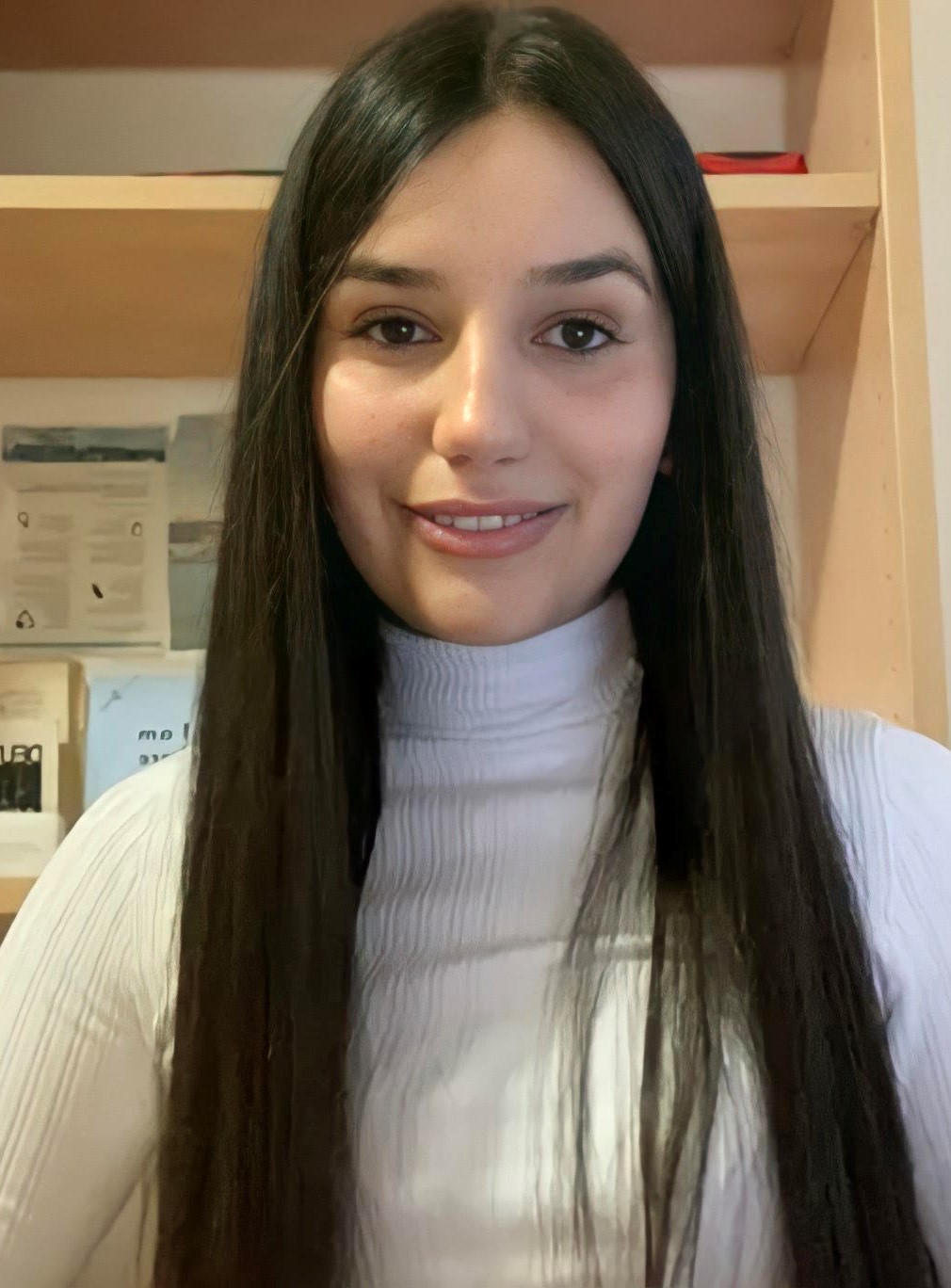 This course builds on English language skills developed in an earlier study, with a focus on the development of strategies for ongoing independent learning. You will have the opportunity to create a personal improvement plan, design and manage a group project and investigate your options for further internationalization.
This course builds on English language skills developed in an earlier study, with a focus on the development of strategies for ongoing independent learning. You will have the opportunity to create a personal improvement plan, design and manage a group project and investigate your options for further internationalization. Students
are trained to perceive cultural differences and act accordingly. The
intercultural competence gained is both "culture-general" and
"culture-specific" (e.g. students will practice culture-specific "crash
investigations" in order to prepare visits abroad). Theoretical insights
into different working styles, different perceptions of time, different
religions, and different education styles are applied in exercises and
in concrete simulations involving active interaction if possible with
participants from several other cultures.
Students
are trained to perceive cultural differences and act accordingly. The
intercultural competence gained is both "culture-general" and
"culture-specific" (e.g. students will practice culture-specific "crash
investigations" in order to prepare visits abroad). Theoretical insights
into different working styles, different perceptions of time, different
religions, and different education styles are applied in exercises and
in concrete simulations involving active interaction if possible with
participants from several other cultures. This
course builds on English language skills developed in earlier study,
with a focus on the development of strategies for ongoing independent
learning. You will have the opportunity to create a personal improvement
plan, design and manage a group project and investigate your options
for further internationalisation. On this course students develop self-confidence in typical situations in an English workplace (e.g. giving presentations and taking part in and chairing meetings). Furthermore, they should enhance their sensitivity to different cultural situations. As communication skills have to be developed, the focus will be on interactive teaching methods to give students the chance to improve listening comprehension and speaking performance. The students choose their own projects for the course at the beginning of the semester.
This
course builds on English language skills developed in earlier study,
with a focus on the development of strategies for ongoing independent
learning. You will have the opportunity to create a personal improvement
plan, design and manage a group project and investigate your options
for further internationalisation. On this course students develop self-confidence in typical situations in an English workplace (e.g. giving presentations and taking part in and chairing meetings). Furthermore, they should enhance their sensitivity to different cultural situations. As communication skills have to be developed, the focus will be on interactive teaching methods to give students the chance to improve listening comprehension and speaking performance. The students choose their own projects for the course at the beginning of the semester.  Students are trained to perceive cultural differences and act accordingly. The intercultural competence gained is both "culture-general" and "culture-specific" (e.g. students will practice culture-specific "crash investigations" in order to prepare visits abroad). Theoretical insights into different working styles, different perceptions of time, different religions, and different education styles are applied in exercises and in concrete simulations involving active interaction if possible with participants from several other cultures.
Students are trained to perceive cultural differences and act accordingly. The intercultural competence gained is both "culture-general" and "culture-specific" (e.g. students will practice culture-specific "crash investigations" in order to prepare visits abroad). Theoretical insights into different working styles, different perceptions of time, different religions, and different education styles are applied in exercises and in concrete simulations involving active interaction if possible with participants from several other cultures.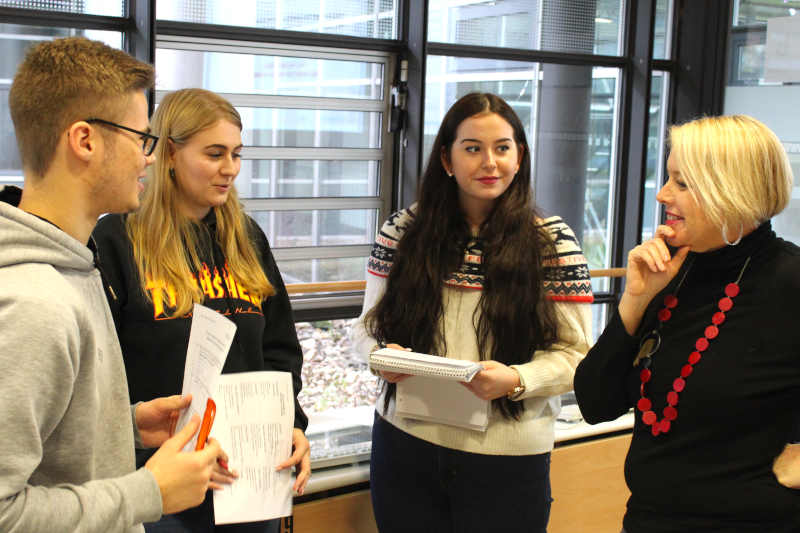
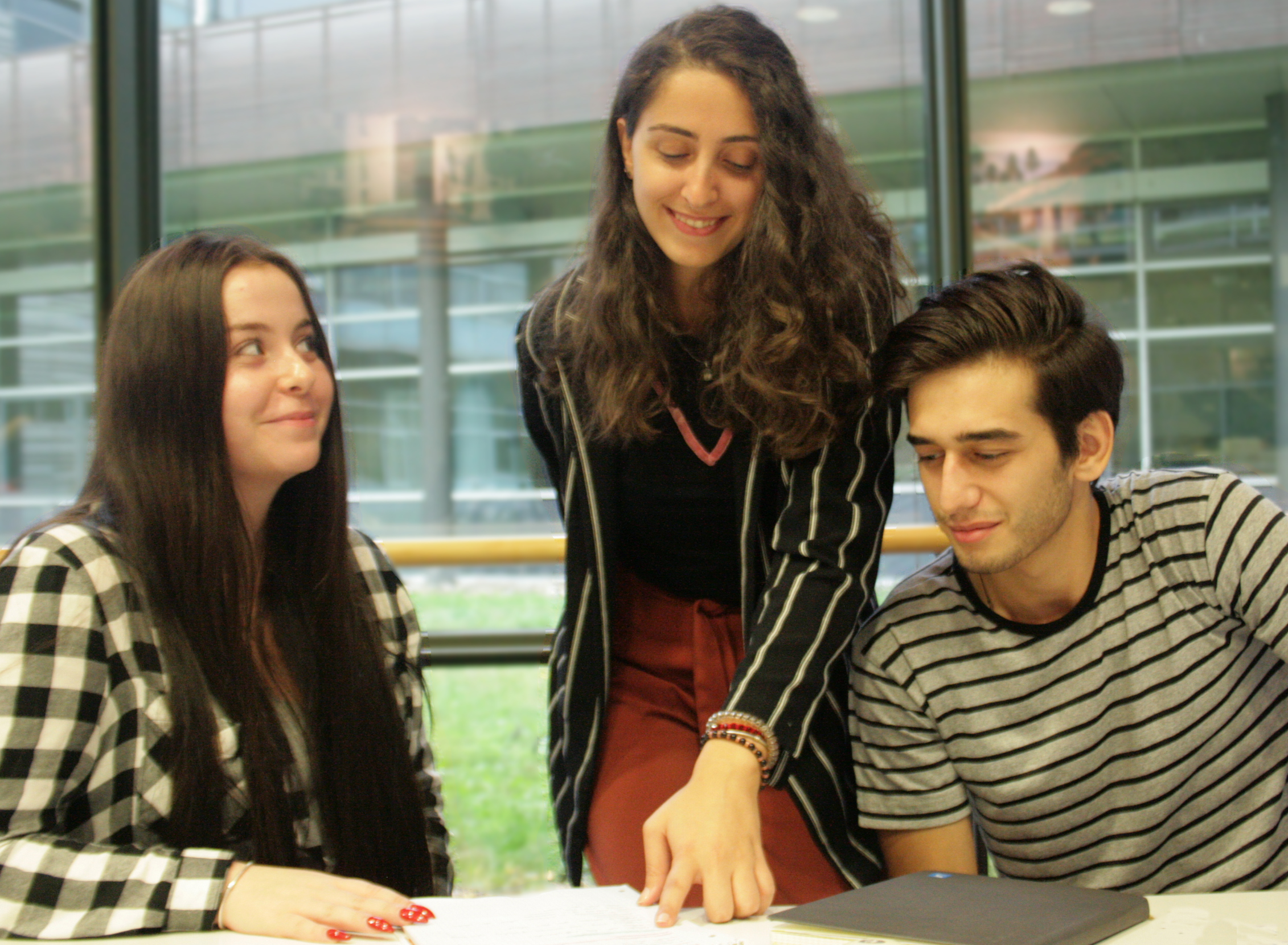 Students
are trained to perceive cultural differences and act accordingly. The
intercultural competence gained is both "culture-general" and
"culture-specific" (e.g. students will practice culture-specific
"crash investigations" in order to prepare visits abroad).
Theoretical insights into different working styles, different perceptions of
time, different religions, and different education styles are applied in
exercises and in concrete simulations involving active interaction if possible
with participants from several other cultures.
Students
are trained to perceive cultural differences and act accordingly. The
intercultural competence gained is both "culture-general" and
"culture-specific" (e.g. students will practice culture-specific
"crash investigations" in order to prepare visits abroad).
Theoretical insights into different working styles, different perceptions of
time, different religions, and different education styles are applied in
exercises and in concrete simulations involving active interaction if possible
with participants from several other cultures.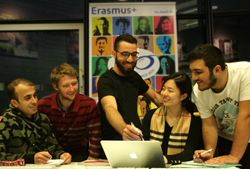
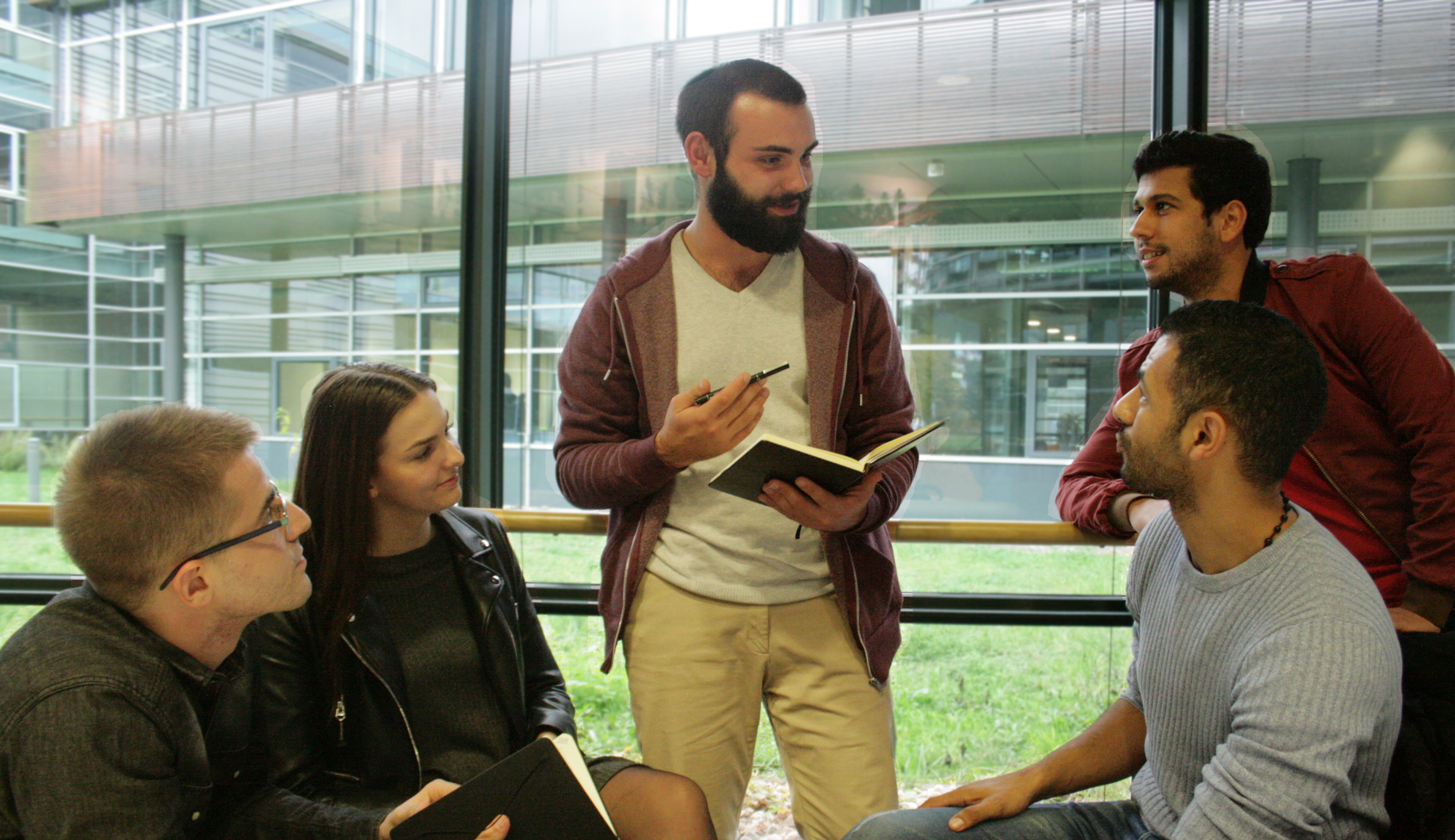 Students are trained to perceive cultural differences and act accordingly. The intercultural competence gained is both "culture-general" and "culture-specific" (e.g. students will practice culture-specific "crash investigations" in order to prepare visits abroad). Theoretical insights into different working styles, different perceptions of time, different religions, and different education styles are applied in exercises and in concrete simulations involving active interaction if possible with participants from several other cultures.
Students are trained to perceive cultural differences and act accordingly. The intercultural competence gained is both "culture-general" and "culture-specific" (e.g. students will practice culture-specific "crash investigations" in order to prepare visits abroad). Theoretical insights into different working styles, different perceptions of time, different religions, and different education styles are applied in exercises and in concrete simulations involving active interaction if possible with participants from several other cultures.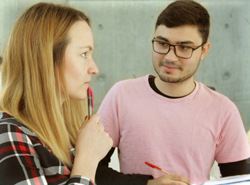
 tudents are trained to perceive cultural differences and
act accordingly. The intercultural competence gained is both
"culture-general" and "culture-specific" (e.g. students
will practice culture-specific "crash investigations" in order to
prepare visits abroad). Theoretical insights into different working styles,
different perceptions of time, different religions, and different education
styles are applied in exercises and in concrete simulations involving active
interaction if possible with participants from several other cultures.
tudents are trained to perceive cultural differences and
act accordingly. The intercultural competence gained is both
"culture-general" and "culture-specific" (e.g. students
will practice culture-specific "crash investigations" in order to
prepare visits abroad). Theoretical insights into different working styles,
different perceptions of time, different religions, and different education
styles are applied in exercises and in concrete simulations involving active
interaction if possible with participants from several other cultures.
 Time of the course: Wednesday 11:45-13:15(Course Assistant:
Time of the course: Wednesday 11:45-13:15(Course Assistant: 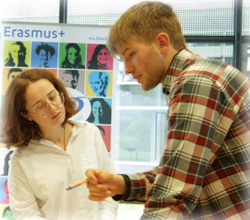
 Time of the course: 1 SH Mondays 11:45-13:15 and Tuesdays 10:00-11:30
Time of the course: 1 SH Mondays 11:45-13:15 and Tuesdays 10:00-11:30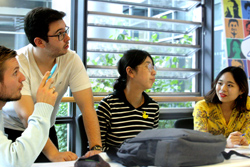 Time of the course: 1 SH Mondays 17:45-19:15 & Tuesdays 16:00-17:30
Time of the course: 1 SH Mondays 17:45-19:15 & Tuesdays 16:00-17:30 Time of the course: 1 SH Wednesdays 11:45-13:15 and Thursdays 11:45-13:15 (course assistant: Teona)
Time of the course: 1 SH Wednesdays 11:45-13:15 and Thursdays 11:45-13:15 (course assistant: Teona) Time of the
course: 1 SH Mondays 11:45-13:15 / 2 SH Tuesdays 14:15-15:45 (course assistants:
Evelyn and Ruzigar)
Time of the
course: 1 SH Mondays 11:45-13:15 / 2 SH Tuesdays 14:15-15:45 (course assistants:
Evelyn and Ruzigar)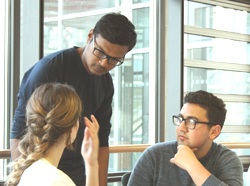
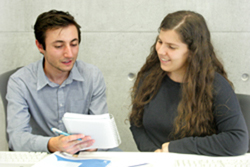 Time
of the course: Tuesdays 16:00-17:30
Time
of the course: Tuesdays 16:00-17:30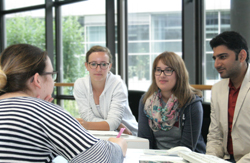
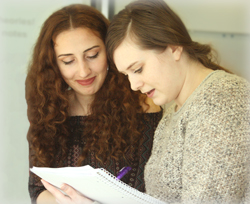 Time of the course: Thursdays 11:45-13:15 (course assistants: Elimkhhan and Elene)
Time of the course: Thursdays 11:45-13:15 (course assistants: Elimkhhan and Elene)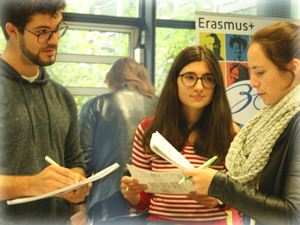

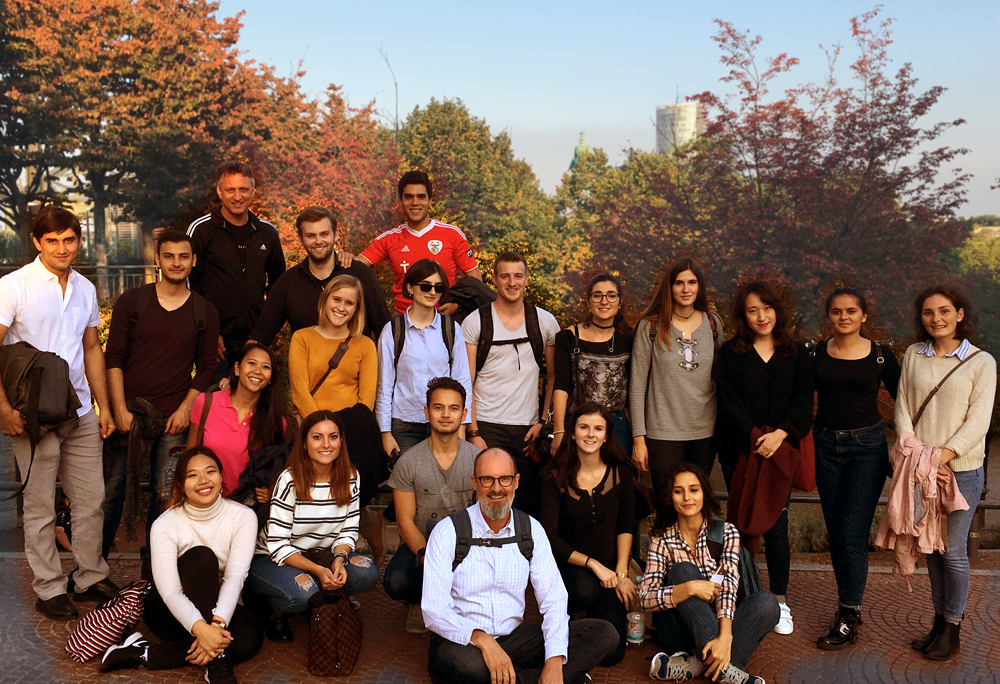
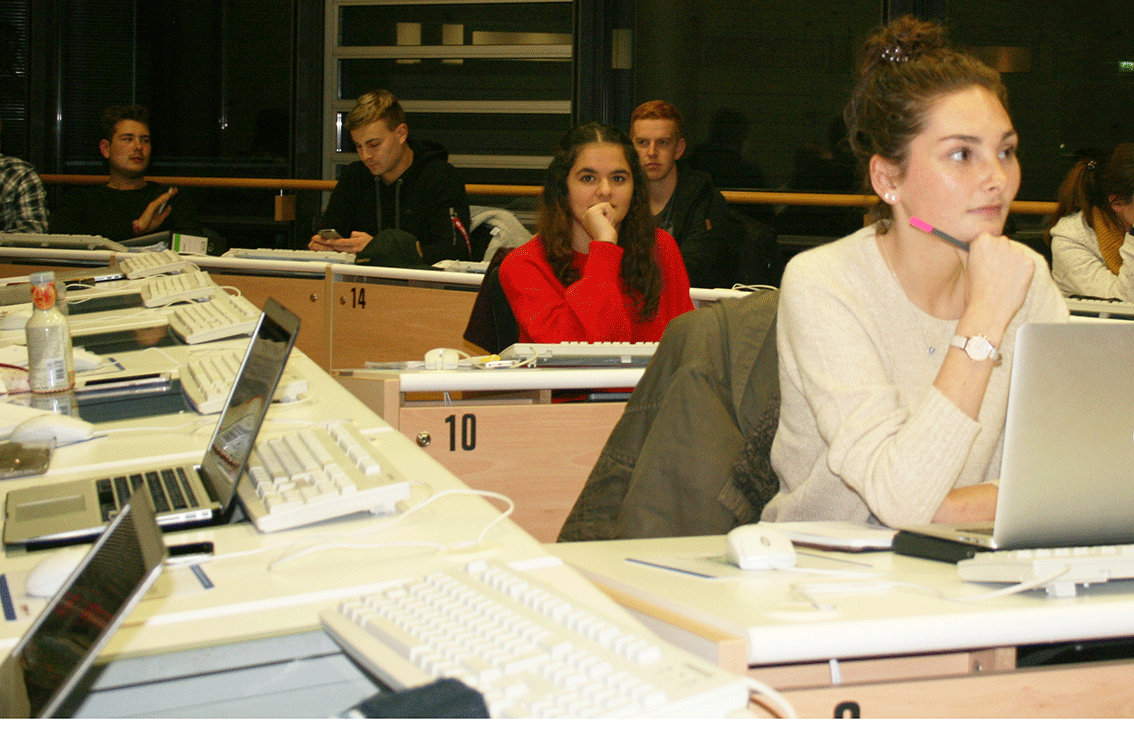
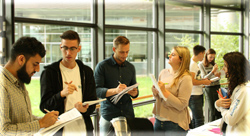
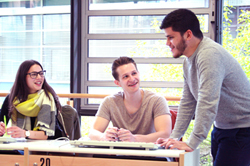 On this elective course BACHELOR students develop self-confidence in typical situations in an English work place (e.g. giving presentations and taking part in and chairing meetings). Furthermore, they should enhance their sensitivity to different cultural situations. As communication skills have to be developed, the focus will be on interactive teaching methods to give students the chance to improve listening comprehension and speaking performance. The students choose their own subjects for the course at the beginning of the semester.
On this elective course BACHELOR students develop self-confidence in typical situations in an English work place (e.g. giving presentations and taking part in and chairing meetings). Furthermore, they should enhance their sensitivity to different cultural situations. As communication skills have to be developed, the focus will be on interactive teaching methods to give students the chance to improve listening comprehension and speaking performance. The students choose their own subjects for the course at the beginning of the semester.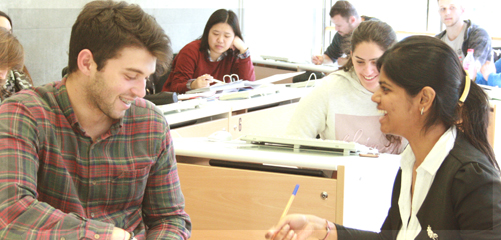

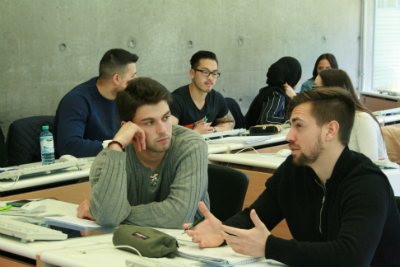
 Students are trained to perceive cultural differences and act accordingly.
The intercultural competence gained is both "culture-general" and
"culture-specific" (e.g. students will practice culture-specific
"crash investigations" in order to prepare visits abroad).
Theoretical insights into different working styles, different perceptions of
time, different religions, and different education styles are applied in
exercises and in concrete simulations involving active interaction if possible
with participants from several other cultures.
Students are trained to perceive cultural differences and act accordingly.
The intercultural competence gained is both "culture-general" and
"culture-specific" (e.g. students will practice culture-specific
"crash investigations" in order to prepare visits abroad).
Theoretical insights into different working styles, different perceptions of
time, different religions, and different education styles are applied in
exercises and in concrete simulations involving active interaction if possible
with participants from several other cultures.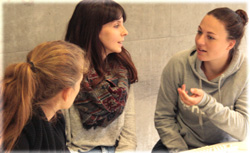
 Time of the course: Wednesdays 11:45-13:15
Time of the course: Wednesdays 11:45-13:15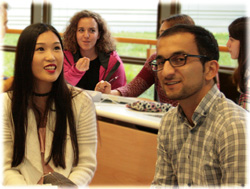
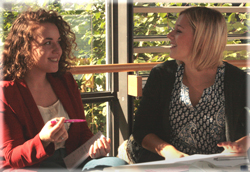 On this elective course BACHELOR students develop self-confidence in typical
situations in an English work place (e.g. giving presentations and taking part
in and chairing meetings). Furthermore, they should enhance their sensitivity
to different cultural situations. As communication skills have to be developed,
the focus will be on interactive teaching methods to give students the chance
to improve listening comprehension and speaking performance. The students
choose their own subjects for the course at the beginning of the semester.
On this elective course BACHELOR students develop self-confidence in typical
situations in an English work place (e.g. giving presentations and taking part
in and chairing meetings). Furthermore, they should enhance their sensitivity
to different cultural situations. As communication skills have to be developed,
the focus will be on interactive teaching methods to give students the chance
to improve listening comprehension and speaking performance. The students
choose their own subjects for the course at the beginning of the semester. Time of the course: Thursdays 14:15-15:45
Time of the course: Thursdays 14:15-15:45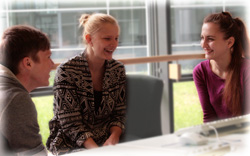 Time of the course: Thursdays 11:45-13:15
Time of the course: Thursdays 11:45-13:15 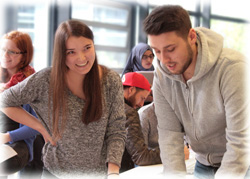 Time of the course: Wednesdays 11:45-13:15
Time of the course: Wednesdays 11:45-13:15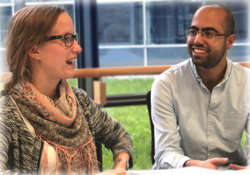 Time of the course: Tuesdays 17:45-19:15
Time of the course: Tuesdays 17:45-19:15 
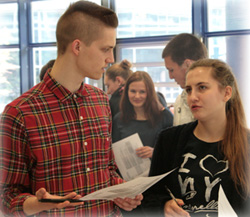 Time of the course: Mondays 11:45-13:15
Time of the course: Mondays 11:45-13:15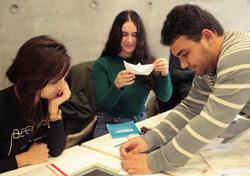 Time of the course: Tuesdays 16.00-17.30
Time of the course: Tuesdays 16.00-17.30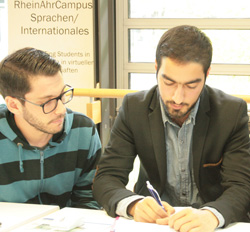 Time of the course: Thursdays 11:45-13:15
Time of the course: Thursdays 11:45-13:15 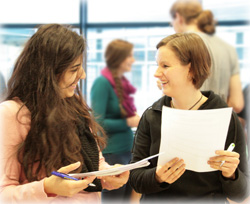 Time of the course: Tuesdays 17.45-19.15
Time of the course: Tuesdays 17.45-19.15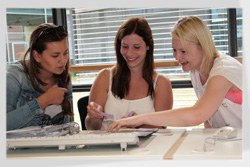 Time of the course: Thursdays 11:45-13:15 (changes to Thursdays 14.15-15.45 in second half semester)
Time of the course: Thursdays 11:45-13:15 (changes to Thursdays 14.15-15.45 in second half semester)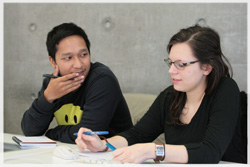 Time of the course: Thursdays 10:00-11:30 (changes to Tuesdays 16.00-17.30 in second half semester)
Time of the course: Thursdays 10:00-11:30 (changes to Tuesdays 16.00-17.30 in second half semester)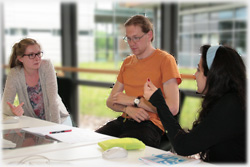 Time of the course: Mondays 17:45-19:15 (changes to Tuesday 11.45-13.15 in second half semester)
Time of the course: Mondays 17:45-19:15 (changes to Tuesday 11.45-13.15 in second half semester)